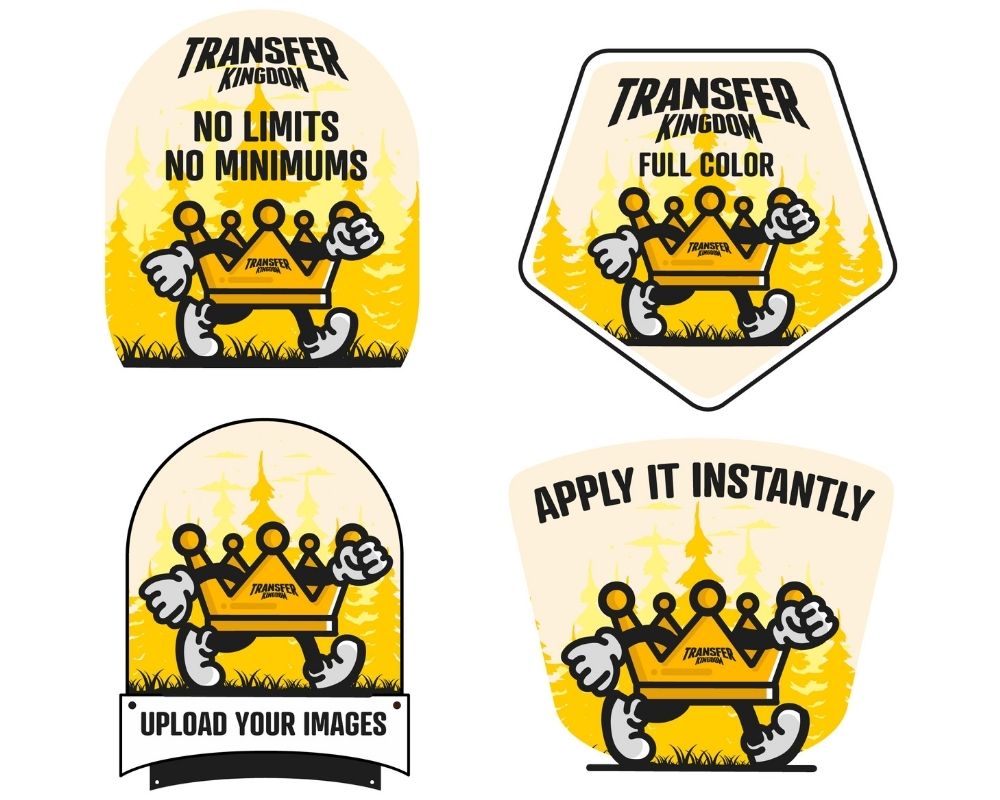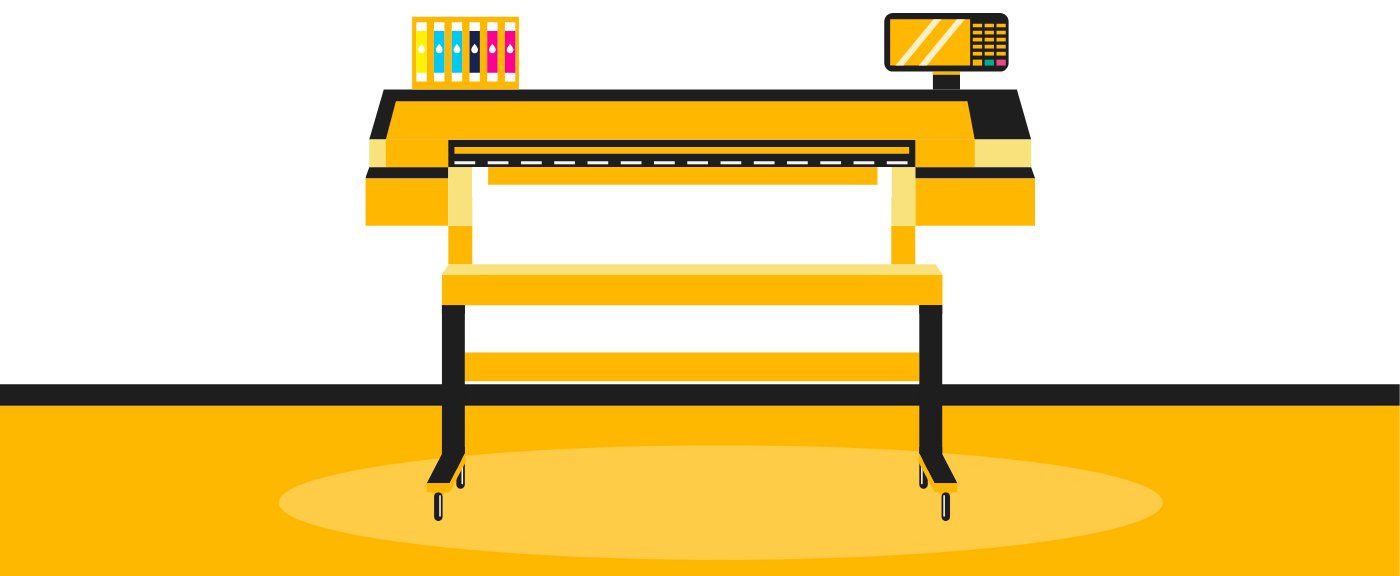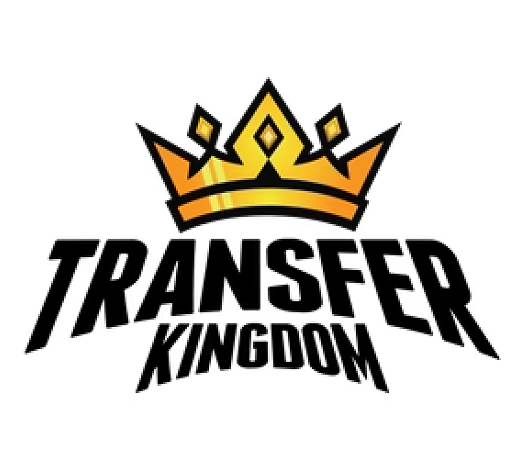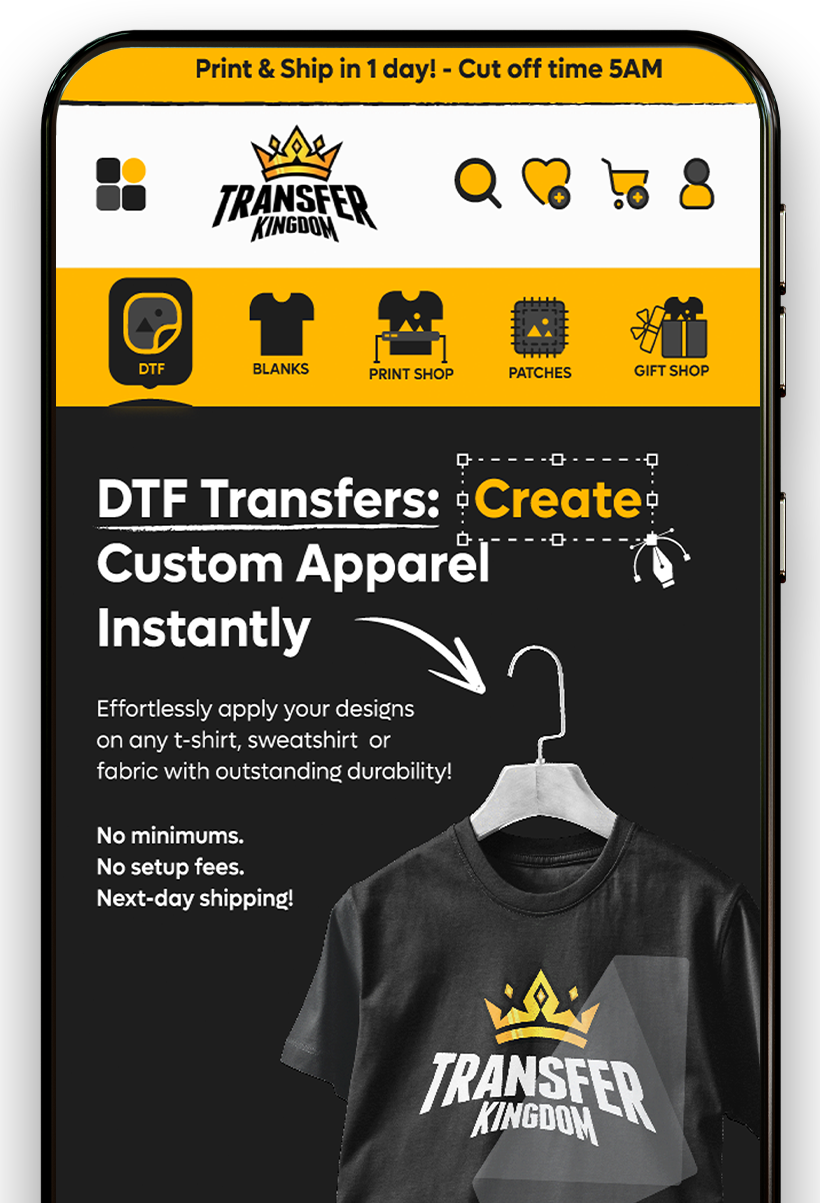Print-on-Demand (POD) vs. DIY Apparel Production: Pros & Cons
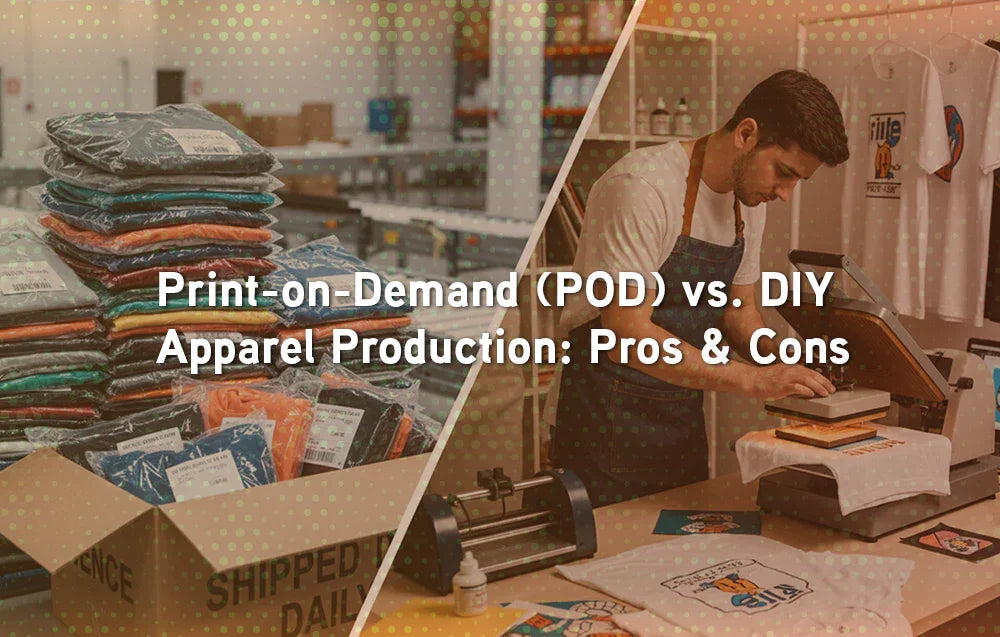
When starting a t-shirt business, one of the biggest decisions is whether to use print-on-demand (POD) services or produce apparel yourself with transfers. Each option has strengths and drawbacks. This guide breaks down the pros and cons of POD vs DIY apparel production, so you can decide which is right for your goals, budget, and growth plans.
The Big Question for New T-Shirt Sellers
Imagine this: you’ve just designed a funny slogan tee. Do you upload it to a POD platform and let them handle everything, or do you take control, order Custom DTF Transfers, and press shirts yourself?
👉 Both paths can lead to success, but they offer very different experiences, costs, and levels of control.
What is Print-on-Demand (POD)?
POD services handle printing, packaging, and shipping for you. Popular providers include Printful, Printify, and Merch by Amazon.
Pros of POD:
No upfront inventory.
Easy setup and integration with platforms like Etsy and Shopify.
Wide product range (shirts, hoodies, mugs, hats).
Passive fulfillment—no pressing or shipping.
Cons of POD:
Lower profit margins.
Limited quality control.
Longer shipping times (2–3 weeks in some cases).
Difficult to build a premium brand.
📌 Quick Recap: POD = low risk, but less profit and control.

What is DIY Apparel Production?
DIY production means creating your shirts yourself—ordering blanks, using transfers, and pressing in-house. With DTF Transfers Ready-to-Press, you can make professional-quality apparel without investing in screen-printing equipment.
Pros of DIY Production:
Higher profit margins.
Full control over quality and speed.
Ability to experiment with designs using Custom Gang Sheets.
Faster delivery times for customers.
Easier to add specialty options like Glitter Transfers or UV Cup Wrap Stickers.
Cons of DIY Production:
Requires equipment (heat press, blanks).
More hands-on work.
You handle fulfillment, shipping, and returns.
Time-consuming for large orders without help.
📌 Quick Recap: DIY = more profit and control, but requires effort and systems.
POD vs DIY: Side-by-Side Comparison
| Feature | Print-on-Demand (POD) | DIY Apparel Production |
|---|---|---|
| Startup Cost | Very low ($0–50) | Moderate ($200–400) |
| Profit Margins | Low (10–20%) | High (30–60%) |
| Control Over Quality | Low | Full control |
| Shipping Speed | Slow (up to 3 weeks) | Fast (2–5 days) |
| Scalability | Easy to scale instantly | Requires process + staff |
| Branding | Limited | Unlimited |
| Specialty Options | Few | Many (Glitter, UV, Puff) |
Which Option Fits You Best?
-
Choose POD if…
You want a hands-off business.
You’re testing designs with little risk.
You prefer passive fulfillment and don’t mind lower margins.
-
Choose DIY if…
You care about quality control.
You want higher profits per sale.
You plan to build a premium or long-term brand.
You like experimenting with seasonal drops like Halloween DTF Transfers or Christmas DTF Transfers.
Case Study: Two Sellers, Two Paths
Seller A (POD): Uploaded designs to Printful, integrated with Etsy. Easy to start, but after 6 months, profit margins were too low and slow shipping led to negative reviews.
Seller B (DIY with DTF): Ordered Blank Apparel, used Gang Sheet Builder to print multiple designs, and fulfilled orders locally. Customers loved the fast shipping and quality. Within 6 months, Seller B had higher profits and better customer retention.
📌 Lesson: POD is good for testing, but DIY wins for serious brand growth.
Pro Tips for DIY Apparel Sellers
Start with a reliable heat press and lint roller.
Always pre-press shirts for 3–5 seconds.
Post-press for 2–5 seconds for extra durability.
Store transfers flat and away from humidity.
Scale with Premade Gang Sheets to test multiple ideas.

Conclusion
When it comes to Print-on-Demand vs DIY apparel production, both paths work—but they serve different goals. POD is excellent for beginners who want a low-risk way to enter the market. DIY with DTF transfers, however, is the best choice for entrepreneurs who want full control, higher profits, and faster growth.
With tools like Custom DTF Transfers and the Gang Sheet Uploader, you can scale a DIY apparel business without massive upfront costs.
👉 Start where you are, but think about where you want to be—testing designs with POD or building a strong, independent brand with DIY DTF production.
Is POD cheaper to start?
Yes—no upfront equipment or inventory.
Which has higher profit margins?
DIY apparel production (30–60%).
Do POD shirts take longer to ship?
Yes, often 1–3 weeks.
Can I control POD quality?
No, you rely on the provider.
Do I need a heat press for DIY?
Yes, it’s essential.
Which is better for branding?
DIY, since you control packaging, quality, and speed.
Can I combine POD and DIY?
Yes—use POD for testing and DIY for scaling.
8. Is DIY harder for beginners?
It’s more hands-on, but tools like DTF transfers make it manageable.
Can I sell seasonal shirts with POD?
Yes, but shipping delays may hurt seasonal demand.
Where can I order transfers for DIY production?
At Transfer Kingdom: DTF Transfers Ready-to-Press.






